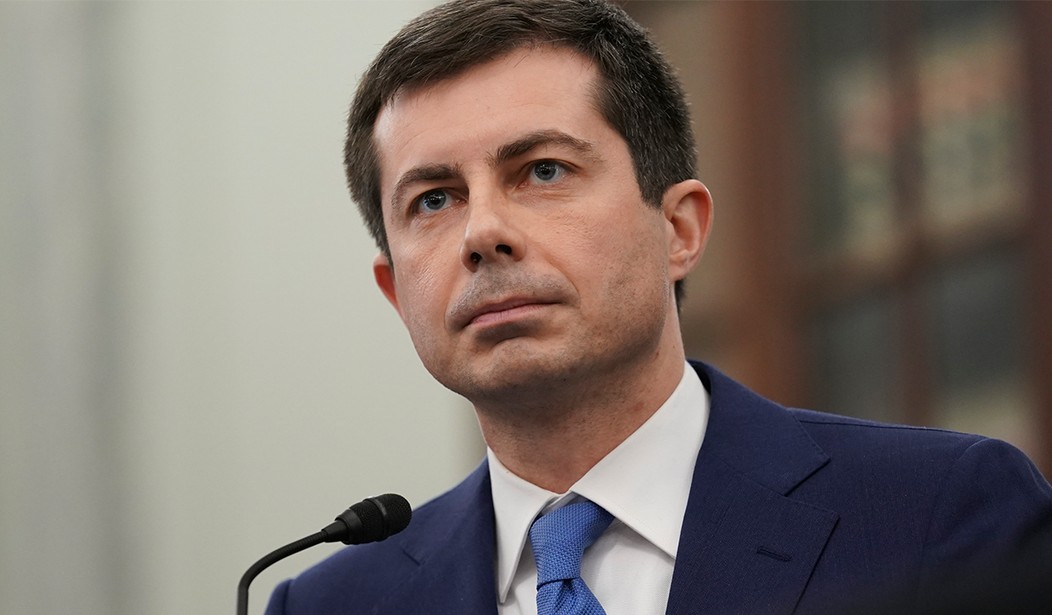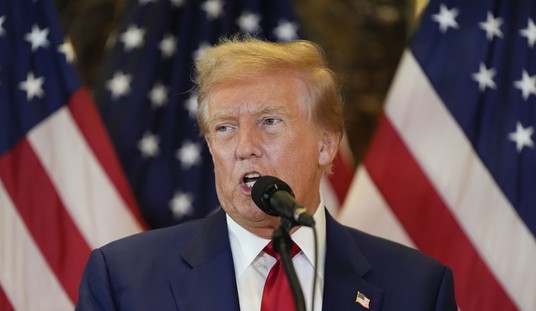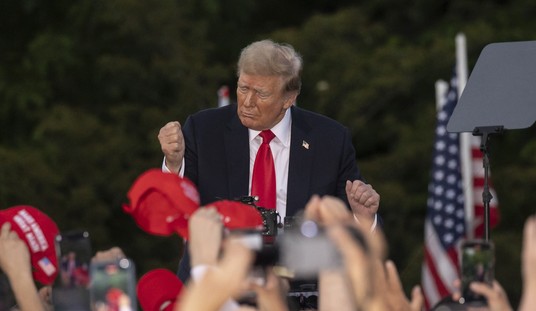Amid growing calls to re-regulate the airline industry, the Biden administration’s Department of Transportation (DOT) has announced a final rule that would ban airline junk fees and deliver automatic refunds to customers impacted by flight cancelations. This rule is unnecessary and could undermine the important progress the industry has made since deregulation, by subjecting it to new, top-down regulations that are certain to produce unintended consequences for airlines and consumers alike. Most importantly, it is based on bad information and reveals an ignorance of history. It’s time to set the record straight.
The Biden administration has stated that the rulemaking is needed to “lower costs for consumers.” However, costs have already been declining for consumers for some time. Thanks to the Airline Deregulation Act of 1978, the now-defunct Civil Aeronautics Board no longer gets to dictate the routes airlines must fly or the prices they must charge. This has allowed airline competition to blossom, driving down ticket prices, as airlines are forced to compete for customers. According to the Bureau of Labor Statistics, between 2014 and 2023 alone, real airline prices declined by 32.53 percent, equal to a $90.09 drop in 2014 fare prices. Researchers Robert Crandall and Jerry Ellig have reached similar conclusions, estimating that airline deregulation saves consumers $19.4 billion per year.
These cost savings mean that flying is no longer a luxury reserved for the wealthiest members of society, but a viable form of transportation for everyone. As recently as 1971, just 49 percent of Americans had ever flown commercially. However, by 2022, 87 percent of Americans had done so, including 80 percent with a household income below $50,000.
Despite these clear industry improvements, the Biden administration believes additional consumer protections are needed to stop “corporate rip-offs.” To this end, the administration has directed the DOT to guarantee customers refunds when they experience delays and to ban what it describes as “Surprise Junk Fees.” Yet, these additional protections are unnecessary because the problem the administration is describing is non-existent.
Recommended
Airlines are already required to provide refunds to customers upon request for flights that are canceled or experience “significant delays.” The administration notes that all ten major airlines guarantee free rebooking and meals, with nine out of ten providing hotel accommodations, including some that provide free ground transportation to and from the airport for overnight cancelations. It is also worth noting that the DOT’s new definition of “significant delay” is inherently arbitrary. A “significant delay” under the new rule refers to any domestic flight that is delayed by more than three hours.
Presently, many airlines, like American Airlines, consider four hours to be a significant delay. Others, such as Delta, set this threshold at 120 minutes, a number stricter than the DOT’s definition. Therefore, it is unclear why three hours should be the default standard.
The timing of the new rulemaking is also odd, considering the U.S. flight cancelation rate is at a ten-year low of 1.2 percent, and airlines anticipate a record-breaking year of air travel. Were flight delays and cancelations a serious problem, it would be reflected in the data. Moreover, the airline industry continues to exceed its DOT obligations by dishing out billions of dollars in consumer refunds. Between January 2020 and December 2023 alone, the 11 largest U.S. airlines issued $43 billion in customer refunds, equal to $900 million per month.
The administration's infatuation with “junk fees” is also problematic because the fees it critiques frequently serve a purpose and allow different airlines to differentiate their service offerings. For instance, many airlines charge customers for checked baggage, but Southwest grants customers their first two bags free of charge. This is part of Southwest’s calculus for selling customers on its brand.
The decision of other airlines to charge customers for this service is not evidence of consumer harm. Nor are these fees “unexpected” or “hidden.” Nearly all airlines list the fees they charge on their website and most of the time these fees are revealed before check-out. Mandating how and where airlines must disclose these fees unnecessarily interferes with their business operations and freedom to make independent decisions.
While it is true that the DOT’s current rulemaking primarily deals with disclosure requirements, the Biden administration's recent push to ban junk fees makes it unlikely this will be the last time airlines hear of the issue. The long-term implication is that the government will continue to interfere in the airline market with potentially disastrous consequences for American consumers who suffer when top-down, one-size regulations reduce choice and competition.
Nate Scherer is a policy analyst with the American Consumer Institute, a nonprofit education and research organization. For more information about the Institute, visit us at www.TheAmericanConsumer.Org or follow us on X @ConsumerPal
























Join the conversation as a VIP Member